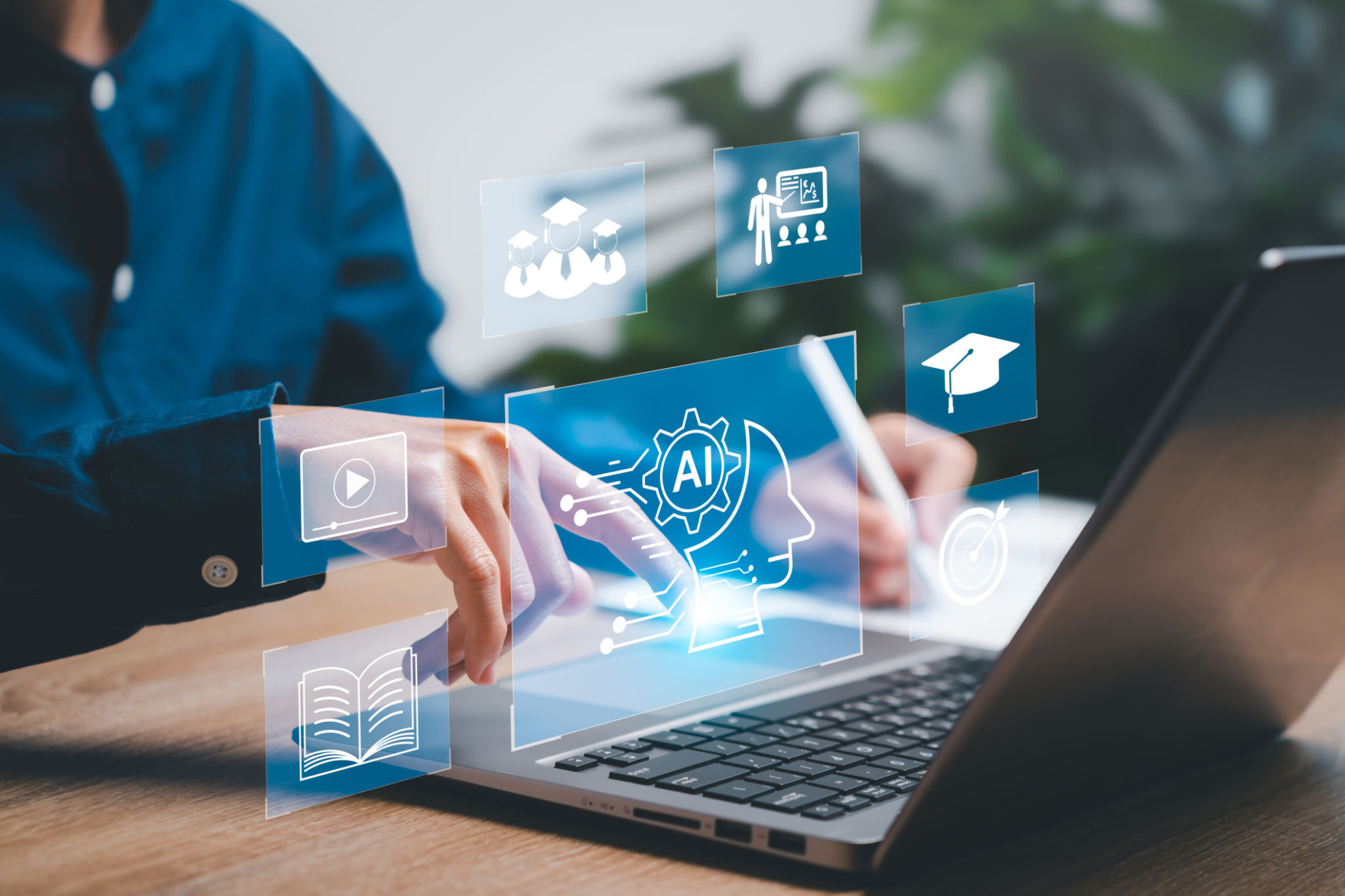The Future of Artificial Intelligence in Education: Opportunities and Challenges
Introduction to AI in Education
The integration of Artificial Intelligence (AI) in education is not just a futuristic concept; it is rapidly becoming a reality. As educational institutions strive to keep up with technological advancements, AI is emerging as a powerful tool to enhance learning experiences and improve educational outcomes. However, with these opportunities come significant challenges that educators and policymakers must address.

Opportunities Offered by AI
AI has the potential to revolutionize education in numerous ways. One of the most significant opportunities is personalized learning. AI systems can analyze a student's learning style, pace, and preferences to tailor educational content that best suits their needs. This individualized approach can help students grasp concepts more effectively and at their own pace.
Moreover, AI can assist educators by automating administrative tasks, such as grading and scheduling, freeing up valuable time for teachers to focus on direct student interaction and curriculum development. Additionally, AI-powered tools can provide teachers with insights into student performance, helping them identify areas where students may need additional support.
AI in Curriculum Development
AI can also play a crucial role in curriculum development. By analyzing vast amounts of educational data, AI can help create curricula that are more aligned with current industry demands and future job markets. This ensures that students are equipped with the skills and knowledge they need to succeed in a rapidly changing world.

Challenges in Implementing AI
Despite the promising opportunities, the implementation of AI in education comes with its own set of challenges. One major concern is data privacy. As AI systems collect and analyze student data, it is essential to ensure that this information is protected and used ethically. Schools and institutions must establish robust data protection policies to safeguard student privacy.
Another challenge is the digital divide. Not all students have equal access to technology, which can lead to disparities in learning opportunities. To address this, educational institutions must work towards providing equitable access to AI tools and resources for all students, regardless of their socioeconomic background.
The Role of Educators and Policymakers
The successful integration of AI in education requires collaboration between educators, policymakers, and technology developers. Educators must be trained to effectively use AI tools in the classroom, while policymakers need to create frameworks that support the ethical and equitable use of AI in education.

Furthermore, it is crucial to involve students in the conversation about AI in education. By educating them about the potential and limitations of AI, we can prepare them to navigate a world where AI plays an increasingly significant role.
Conclusion: Balancing Opportunities and Challenges
In conclusion, the future of AI in education is filled with both exciting opportunities and complex challenges. By leveraging AI's potential while addressing its challenges, we can create an educational environment that is more personalized, efficient, and inclusive. As we move forward, it is essential to maintain a balanced approach that prioritizes the well-being and success of students.
As we continue to explore the possibilities of AI in education, it is clear that this technology will play a pivotal role in shaping the future of learning. By embracing innovation and addressing challenges head-on, we can ensure that AI becomes a powerful ally in the quest for educational excellence.
